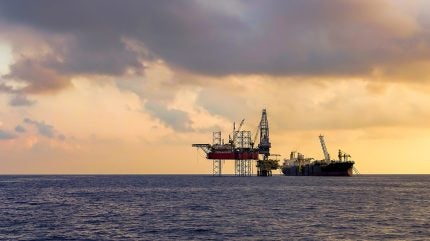
Seismic work at the offshore gas fields shared by Venezuela and Trinidad and Tobago is set to start soon, according to Trinidad and Tobago’s Energy Minister, Stuart Young, reported Reuters.
The survey will explore the Cocuina and Manakin fields, which hold significant gas reserves and are part of a broader initiative to tap into the region’s energy potential.
In July, the Cocuina field on Venezuela’s side was granted a 20-year development licence.
The US has authorised the project, which will be developed by bp and Trinidad’s National Gas Company (NGC).
The Cocuina and Manakin fields, part of the inactive offshore gas project Plataforma Deltana in Venezuela, contain one trillion cubic feet (tcf) of confirmed gas reserves.
As per a marine advisory notice from bp, the seismic survey is scheduled next month, with the help of vessel PXGEO2 and two support ships.
Venezuela, with its largely untapped gas reserves, has been inviting foreign companies to invest in offshore gas projects.
Despite the slow progress due to US sanctions and the need for substantial investment, the Dragon gas field project, operated by Shell and NGC, is moving forward with plans to start production by late 2025.
The Dragon field, located in Venezuela waters near the maritime border with Trinidad and Tobago, could hold up to 4.2tcf of gas, potentially benefitting Trinidad’s liquified natural gas and petrochemical sectors.
Earlier last month, reports indicated that India’s Reliance Industries is looking to restart crude oil trade with Venezuela through a crude-for-naphtha swap arrangement.
Reliance will use naphtha supplies to partially pay for crude oil purchases, with the remaining amount settled in dollars.
Venezuela needs naphtha to dilute its heavy crude oil, and Reliance’s refineries in Gujarat are set up to process the heavy Merey crude from Venezuela.



